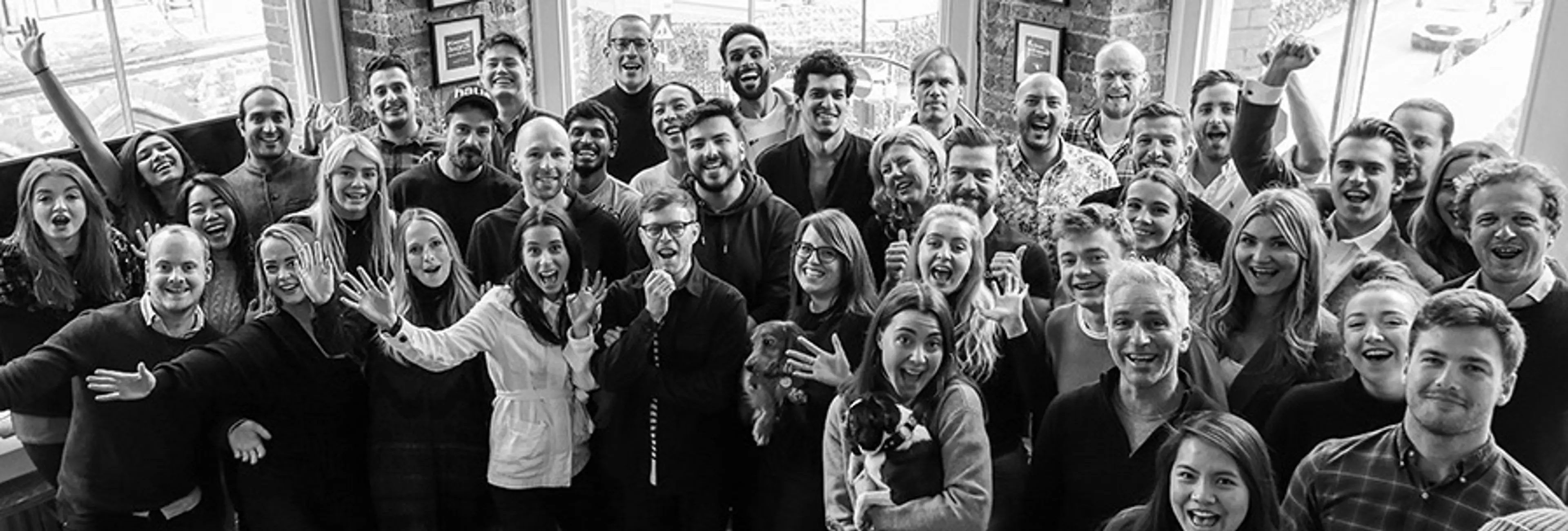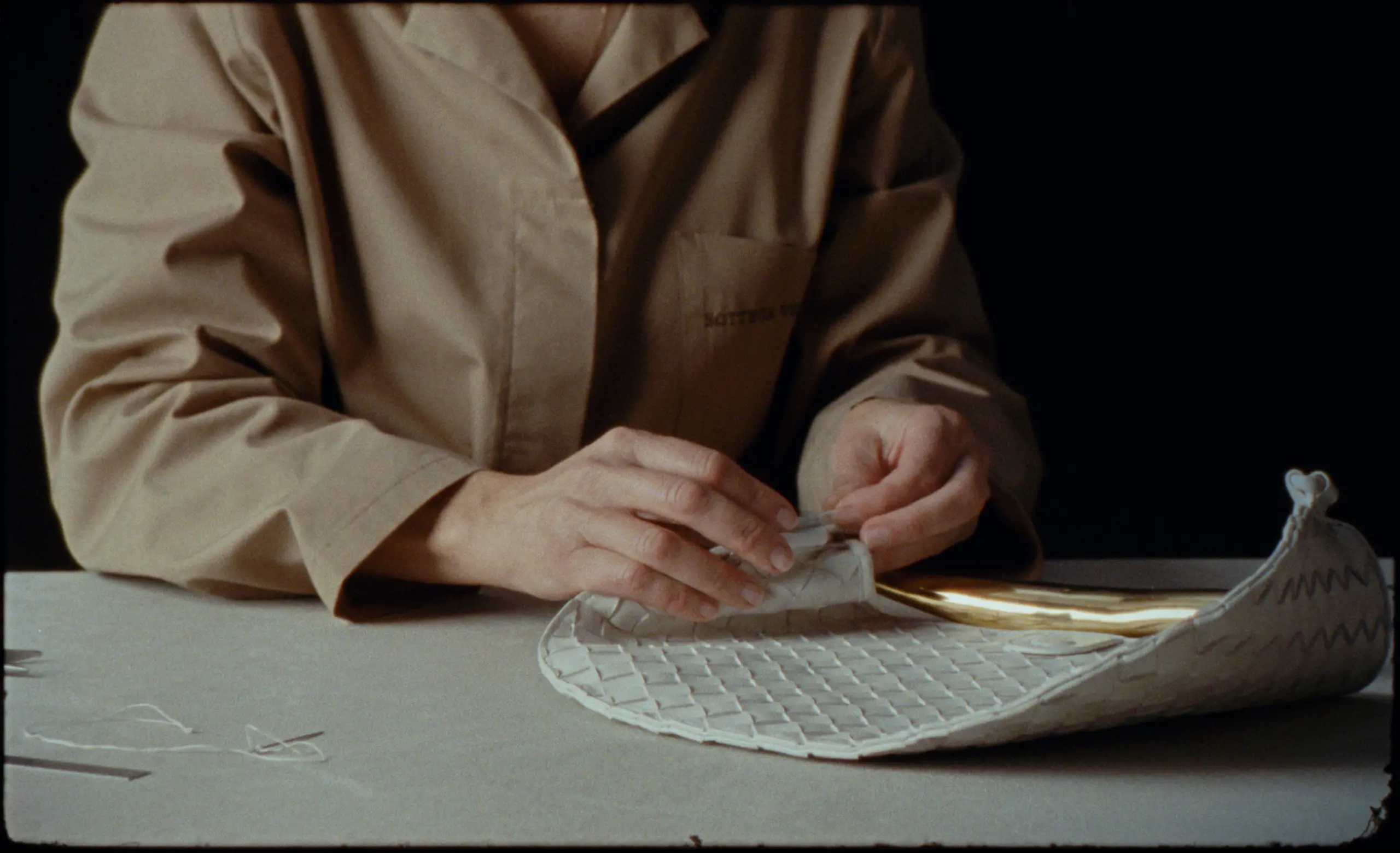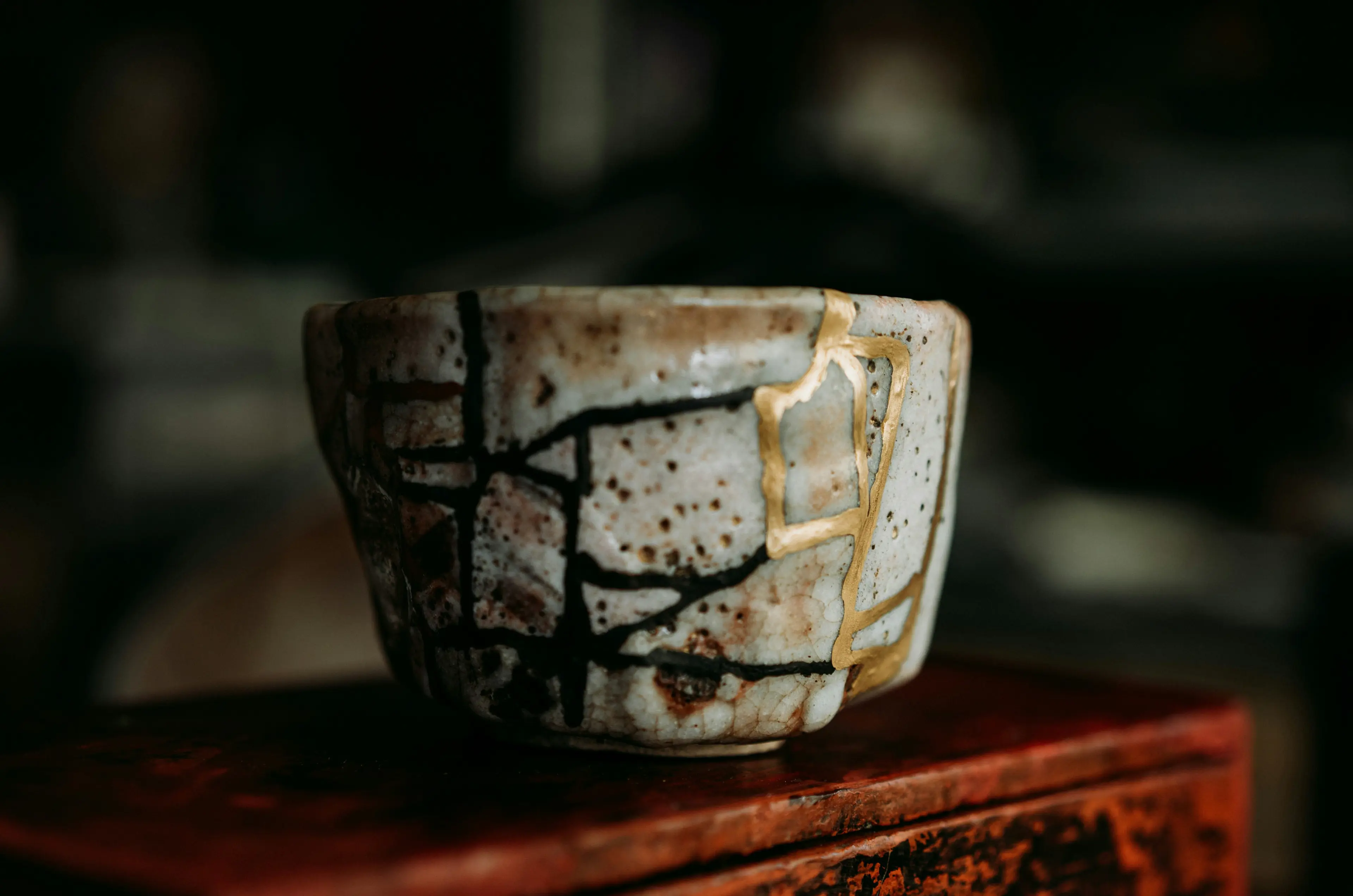
Luxury Commentary
1 Mar 2025
7 Min Read
Taste and Curation in the Age of Algorithmic Luxury
Today, much of the luxury industry finds itself entangled in a web of algorithmic recommendations, AI-generated aesthetics, and an infinite scroll of homogenised style. The promise of personalisation—once heralded as the future—has revealed its dark side: a world where everyone is nudged toward the same so-called “exclusive” choices. Luxury, by definition, thrives on discernment and differentiation. But when taste is dictated by an algorithm, can it still be called taste at all?
The Tyranny of the Algorithm
The paradox of modern luxury is that while consumers crave uniqueness, their choices are increasingly shaped by recommendation engines. A twenty-something shopper browsing on Instagram will likely be shown a carousel of “viral” items, each meticulously selected (at least, in terms of metrics) by AI to maximise engagement. The algorithm does not care for nuance, history, or craftsmanship; it optimises for trend velocity.
"We're engineering compulsion cycles." – Demna Gvasalia, Creative Director of Balenciaga
Take Balenciaga’s rise in the past decade. Its shift from couture house to meme machine was largely facilitated by algorithmic logic—irony, virality, and ubiquity became its currency. But when every brand began playing the same game, the differentiation evaporated. What was once avant-garde became predictable. Consumers, particularly at the highest echelons of wealth, started looking elsewhere—not for what was popular, but for what was rare.
In theory, hyper-personalisation should have been the ultimate luxury. AI can know your preferred suite temperature, the exact firmness of your pillow, whether you take your martini with a twist or an olive. But in practice, it often strips away the most valuable part of travel: discovery.
Consider the case of an affluent traveller returning to a frequented five-star resort. Every detail has been “personalised” based on past stays—their favourite scent wafts through the air, the minibar stocked with favoured whiskeys, and their usual spa treatment is pre-booked. And yet, something feels off. The experience is too frictionless, too predictable. Uncanny, almost. They could be anywhere.
This is the paradox of modern luxury: in trying to solely cater to individual preferences, brands risk erasing individuality itself. When every stay feels algorithmically optimised, it loses its sense of place, its depth, its surprise. The most discerning travellers aren’t looking for an echo chamber of their own choices. They want to be guided by expert hands, introduced to something they didn’t even know they wanted.
Taste as Rebellion
In this landscape, true luxury lies not in algorithmic affirmation but in the subversion of it. The new arbiters of taste are those who reject the algorithm’s dominance in favour of curation, connoisseurship, and collaboration. This is not just about choosing items or experiences that are expensive or rare, but about selecting those that have meaning, history, and intentionality.
A case in point: The Row. The Olsen twins’ label has managed to command an almost cult-like following despite (or rather, because of) its complete disregard for digital hype. No logos. No obvious branding. Just exquisite materials and craftsmanship, discovered not through a TikTok trend but through whispered recommendations among the truly stylish. It is the anti-algorithmic brand, thriving precisely because it refuses to play by the digital rulebook.
While many brands race to manufacture hype, Loewe under the now-former Creative Director Jonathan Anderson has taken a different route—leaning into art, craft, and historical references that require actual engagement to appreciate. Their collaborations with ceramicist Takuro Kuwata and tapestry artist John Allen aren’t just about dropping “must-have” items but about cultivating a world of taste that feels richer than a feed.
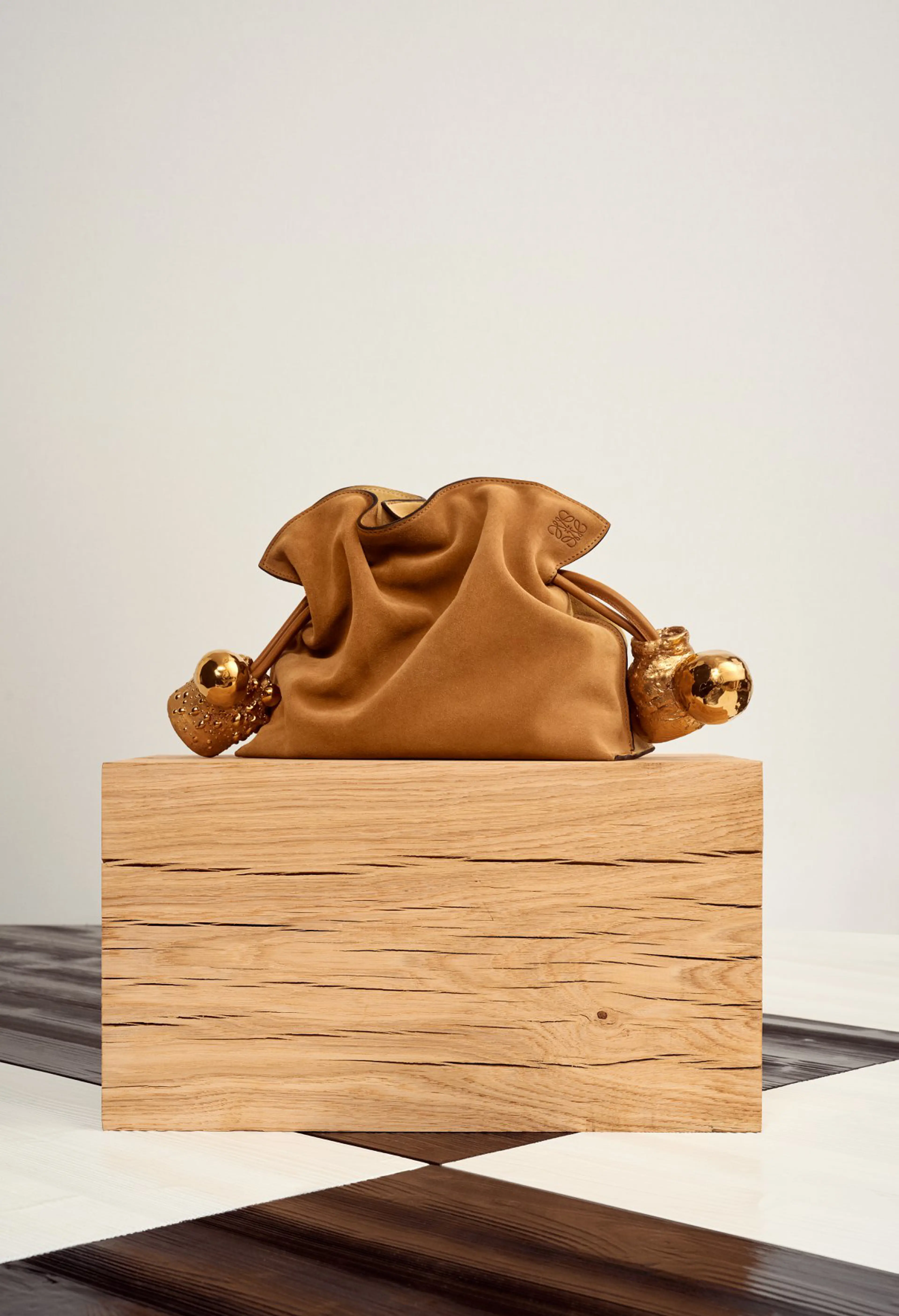
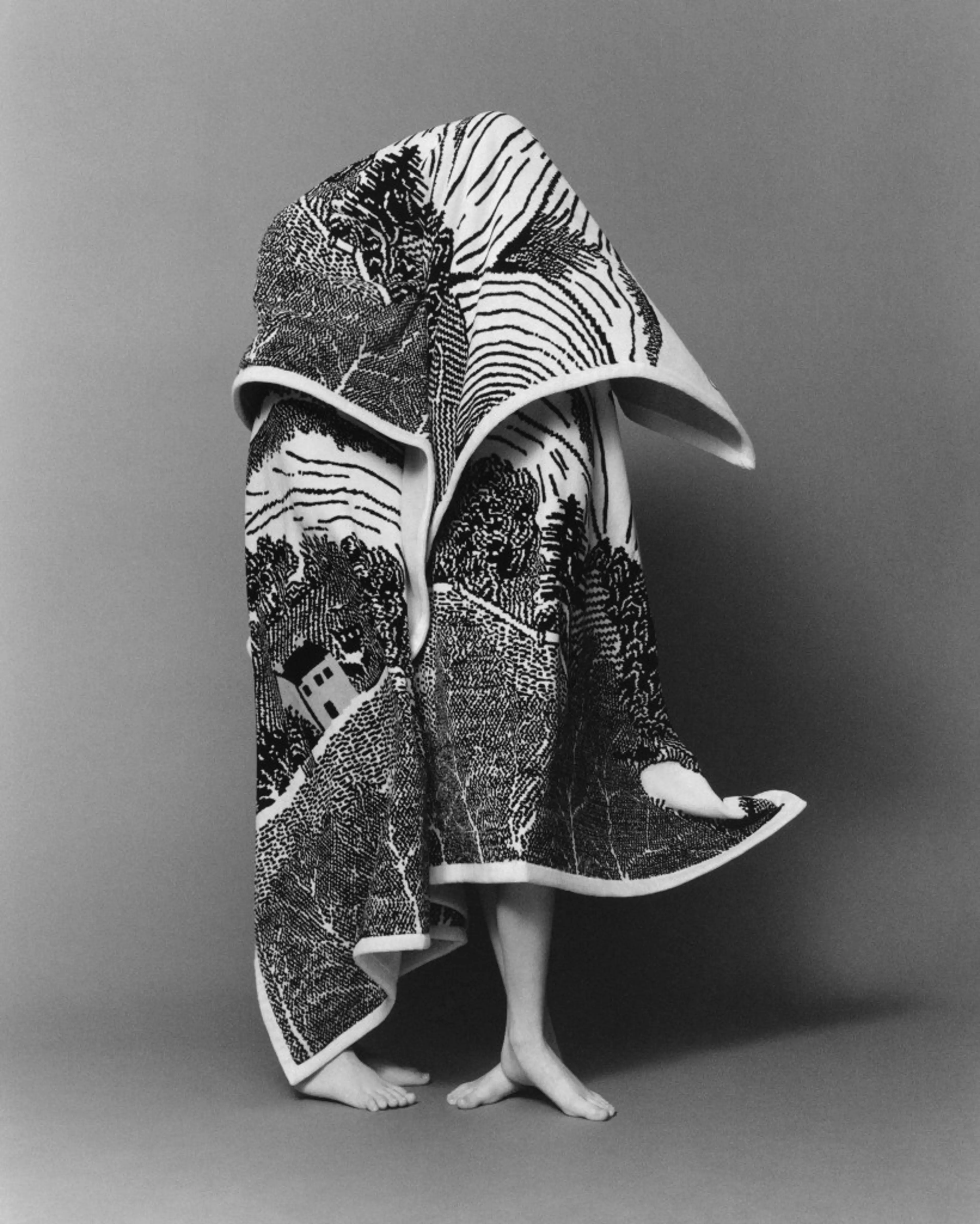
Beyond luxury retail, the best hotels, restaurants and private clubs are now shaping entire worlds for those who appreciate a certain set of aesthetics, codes and values in line with their brand platform.
Take Our Habitas, the Ennismore-owned lifestyle resorts rejecting the traditional five-star model in favour of experience-driven stays. Their properties—from Namibia to the Mexican jungle—don’t offer generic luxury. Instead of over-the-top opulence, they curate human connections: communal dining, intimate music performances, and unexpected moments of cultural immersion.
Not limited to boutique brands, larger players like Aman have long understood that curation is key. Rather than expanding aggressively, Aman continues to open only in locations where the experience can be deeply immersive—whether it’s the stark minimalism of Aman Tokyo or the raw wilderness of Amanwana. In doing so, they preserve the sense that staying at an Aman is a privilege, not just a transaction.
The Role of the Curator in Modern Luxury
When we look back on the Millennial Era, we’ll likely remember widespread attempts to remove any and every gatekeeper we could find. Democratisation was the word of the hour as hoards of users became disillusioned with those deemed to be in positions of privilege and power arbitrating over what was ‘in’ or ‘out’. As digital and big tech rapidly expanded discoverability, audiences realised they could bypass the arbiters altogether thanks to—you guessed it—the algorithm.
Now we know the recommendation algorithms in fact do the opposite of what was promised. Instead of revealing niches and diversifying taste, they’ve flattened culture to a mind-numbing, brain-rotting degree. With every new platform, model or update, audiences grow increasingly wary of this gradual yet voluntary surrender of our imaginations, our creativity, our ideas, our thoughts.
Out of these homogeneous depths comes a re-emphasis on the role of gatekeepers, rebranded slightly for today’s culture as tastemakers. These people will rise above algorithmic dominance thanks to a level of discernment that others will look to. Those who have taste, an eye, a distinctly human rationalisation for what makes something valuable.
Regardless of who they are—influencers, creators or brands themselves, tastemakers are now must-haves for any entity seeking cultural relevance and longevity in equal measure. In hospitality, as the luxury of a human touch overtakes the advantages of automation, the host takes on the mantle.
Nowhere is this more evident than at Dorado Beach, a Ritz-Carlton Reserve in Puerto Rico. Unlike the typical five-star concierge experience, Dorado Beach offers “embajadores” (ambassadors) who act as personal guides, not just for the hotel but for the island itself. These aren’t scripted service professionals reciting recommendations off a list. They are deeply embedded in the culture, curating bespoke experiences that feel intimate and unexpected—whether it’s a private dinner at a local chef’s home or a secret snorkelling spot known only to the island’s fishermen.
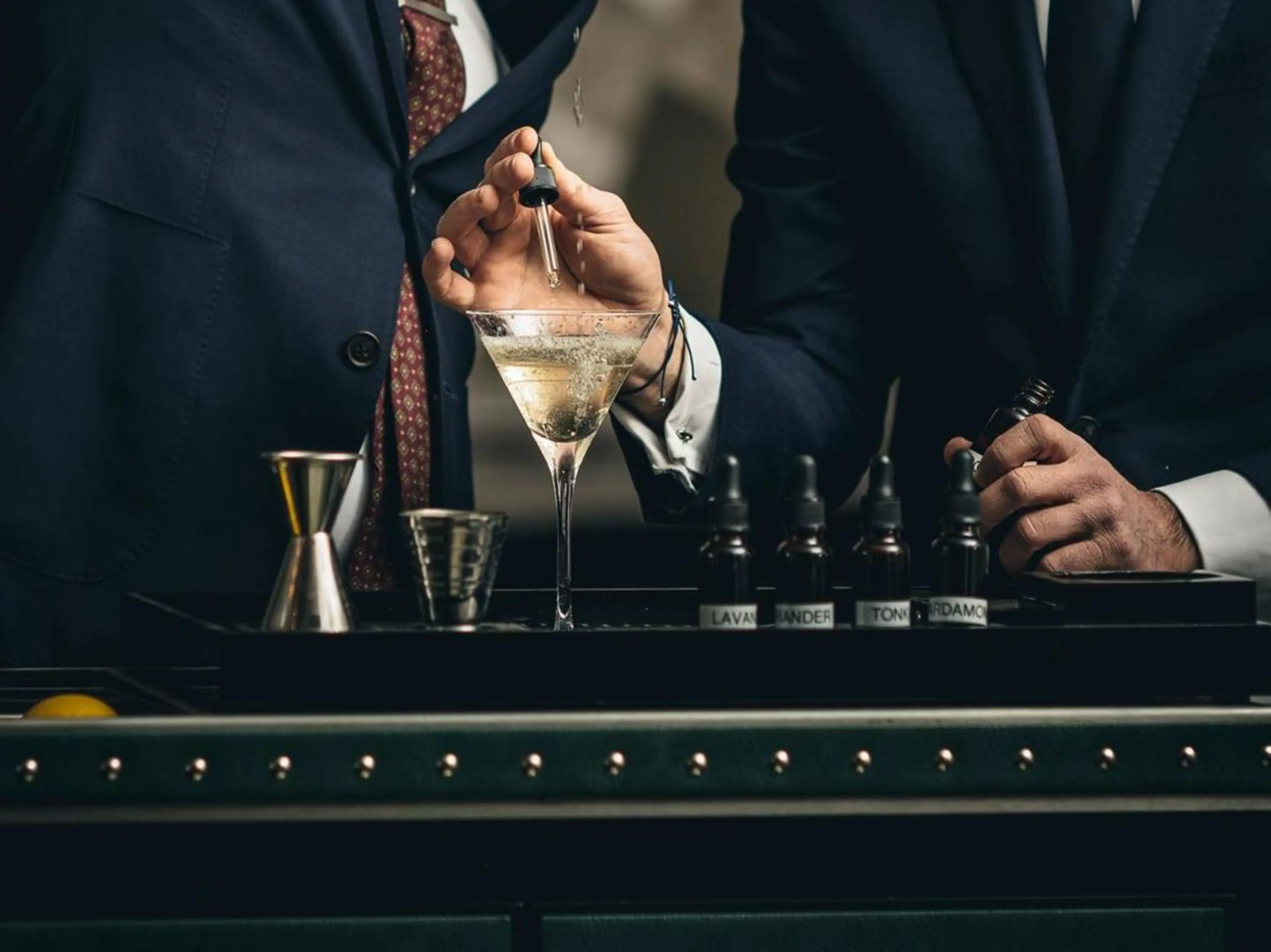
Similarly, The Connaught Bar in London has built its reputation not just on its award-winning cocktails but on its bartenders’ ability to craft an experience. Here, ordering a martini is not a mechanical process. The bar’s legendary Martini Trolley is a performance in itself—each element carefully chosen, each interaction deeply personal. In a world where drinks can be pre-selected via an app, The Connaught reminds us that true luxury lies in the ritual, the storytelling, the moment of connection.
Collaboration: A Shared Sense of Value
If curation is one pillar of modern luxury, collaboration is the other. Partnerships are another potent signal in marketing a point of view. The best being those that feel inevitable rather than engineered.
Consider Four Seasons’ collaboration with Noma for a pop-up in Kyoto. This wasn’t purely about bringing a famous restaurant to a luxury hotel; it was about merging two philosophies of craftsmanship. The result wasn’t merely gimmick or a publicity stunt but a once-in-a-lifetime dining experience that felt both exclusive and organic.
Compare this to the now-tiresome wave of celebrity-branded hotel suites and chef partnerships that exist purely for socials. The difference lies with intent. Thoughtful collaborations don’t just add a name to a brand; they enhance the experience in a way that feels natural and necessary.
The Future: Rarity Over Virality
The industry is learning a crucial lesson: luxury is no longer about being everywhere. It is about being somewhere—and making that somewhere feel meaningful.
The future will belong to those who reject algorithmic sameness in favour of curation, connection, discernment and taste. Brands that succeed will be those that don’t just respond to demand but shape it—those that resist the temptation to be everything to everyone and instead become indispensable to a select few because they have a view on the world.
None of this is to say that brands should ignore technology—rather, they must wield it selectively. A brand’s value will increasingly be measured not by how many people recognise it, but by how few truly understand it.
All of which starts with strategy.
Matter Of Form is a design consultancy specialising in brand strategy, CX and digital innovation for timeless brands. You can get in touch with one of our consultants via [email protected].
Luxury Commentary


